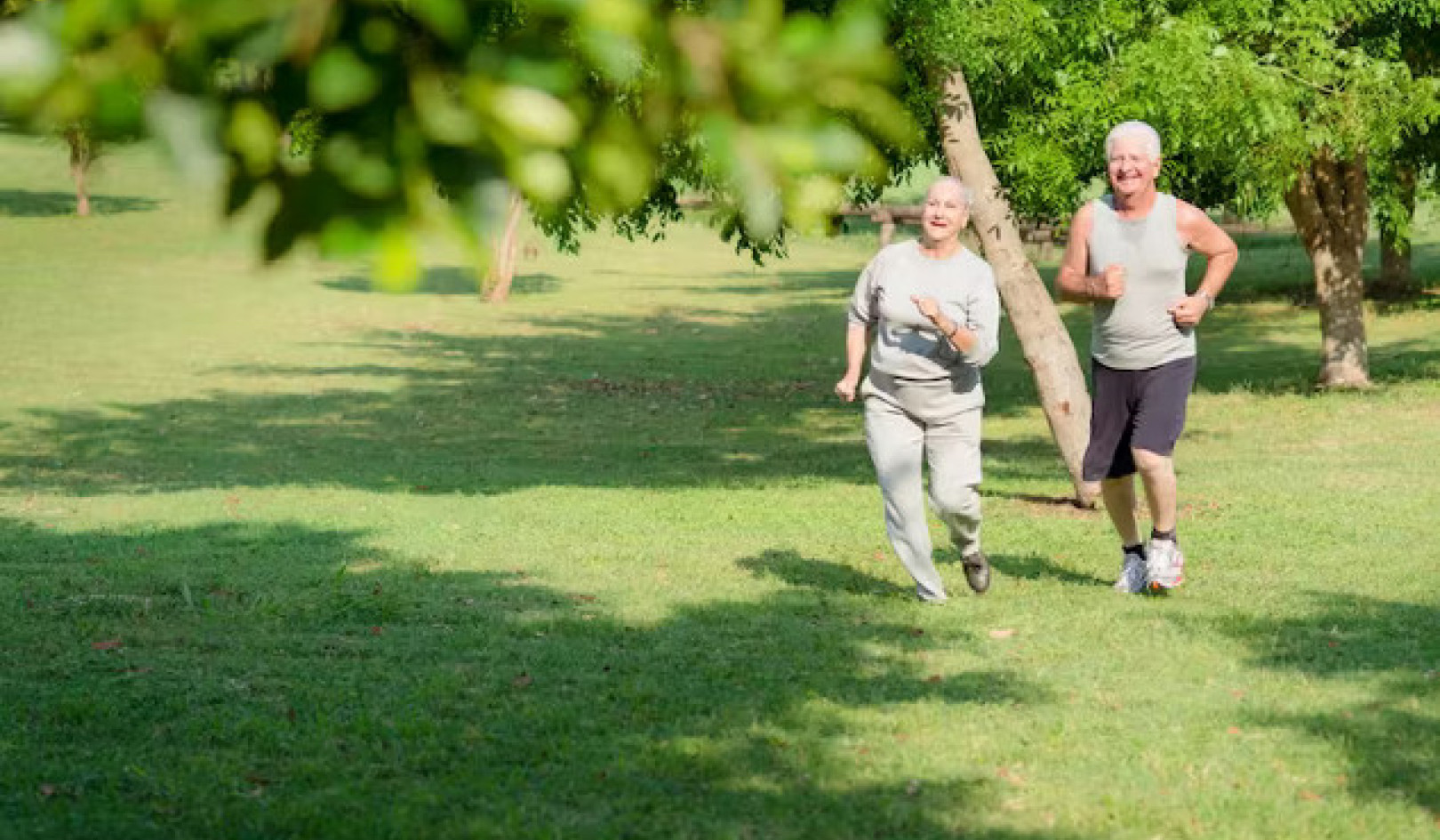
 ealth is one of the biggest topics searched for on the web, yet despite its importance a large portion of this information is inaccurate, anecdotal or biased.
ealth is one of the biggest topics searched for on the web, yet despite its importance a large portion of this information is inaccurate, anecdotal or biased.
According to Pew Research, 72% of internet users in the US search for health information. In the UK, the Office for National Statistics said health made up 43% of searches in 2013. The empowering of patients to understand and manage their own health is an important issue at a time when departments are under increased pressure.
The NHS is keen to encourage the public to take better care of their health, to know how to spot the early symptoms of bowel cancer for example. But given that inaccurate online information is now just part and parcel of the web, should a universal quality kitemark be applied to good sources to help health consumers make better decisions?
Web Is Drinking From A Fire Hose
There has been no shortage of articles written about the problems of accessing poor health information on the web. One paper in the Lancet in 1998 quoted a US public health official as saying: “Trying to get information from the internet is like drinking from a fire hose, and you don’t even know what the source of the water is.” Seventeen years on this problem still remains.
Get The Latest By Email
Many people – and patients – don’t realise the origins of some of this health information, just that it was on the first page of Google’s search results. This equates to the idea that a page-rank relates to quality, yet many good health organisations and charities don’t have the resources to optimise their search results position.
All too often searches take users to results such as Yahoo Answers, or some spurious website that claims to sell the product from an online snake oil salesman that can cure them of their ailments. Their existence proves there is very much a market for health cures that have no clinical evidence as to their effectiveness.
Very little attention is also paid to factors such as authorship, web links, date of publication, who is behind the website and whether they have ties to commercial companies. Web 2.0 and social media not only allowed consumers to find information on the web and discuss it, but made it far easier for anyone with a motive to publish, a potentially dangerous scenario in a healthcare context.
There are high-quality health information websites that offer comprehensive services from symptom checkers to peer-support groups. Despite this, the issue still remains, that aside from those like NHS Choices and Boots WebMD how do patients know which websites to trust? Comprehensive health websites built on knowledge and impartiality such as Patient.co.uk and Netdoctor and, in the US, the Mayo Clinic, vie for attention among the many forums, blogs and websites providing inaccurate and potentially harmful information.
Flying Kites
So what can be done to give users more trust in particular websites? The NHS could encourage users to access and critique good health information – the NHS have already done this by targeting marketing towards specific health groups. Then there is The Information Standard – a certification programme run by NHS England for organisations who produce evidence-based healthcare information for the public. This could also be more widely spread to online content and promoted. Gaining the kitemark requires that information is clear, accurate, balanced and up-to-date.
Another non-for-profit organisation that tries to separate the good from the bad, similar to The Information Standard, is Health on the Net. HON were founded 20 years ago in Geneva and also provide a kitemark for quality information on the web.
The problem for both of these certifications is that most patients are probably not aware of them, despite The Information Standard certifying 250 health-related websites and HON 5,000. And a small badge at the foot of a web page means users are no more likely to be pay heed than to the terms and conditions of Facebook.
Critiquing Information
Digital literacy remains a big challenge in modern society. Many socio-economic groups are either excluded from using the web or do not have the level of skills to critique and assess online information. Applying quality standards or kitemarks on a site can only do half of the job. In an age where web users become increasingly impatient to find information it becomes also becomes increasingly important for them to have clear signposting.
For patients already in contact with services, front-line healthcare staff – perhaps with some training – could help to teach patients how and where to find the best information about their conditions and symptoms and how to critique the results they find.
Health consumers all want different things from the web, some search for health information for assurance, others for discussion, some for answers and knowledge. Official health campaigns encouraging people to be aware of potential symptoms is good, but teaching them where to access good information for multiple conditions any time is surely better.
At least through a programme of information education and the development of UK health web standards not unlike the Health on the Net organisation, patients could confidently gain a better understanding of their symptoms and conditions and use this knowledge to improve their health.
![]() This article was originally published on The Conversation. Read the original article.
This article was originally published on The Conversation. Read the original article.
About the Author
 Andy Tattersall is an Information Specialist at University of Sheffield. His research interests are focused in the area of modern Web tools, Altmetrics, Web 2.0, social networks and software and their application for research, teaching, learning, knowledge management and transfer and collaboration. I am very interested in how we manage information and how information overload affects our professional and personal lives.
Andy Tattersall is an Information Specialist at University of Sheffield. His research interests are focused in the area of modern Web tools, Altmetrics, Web 2.0, social networks and software and their application for research, teaching, learning, knowledge management and transfer and collaboration. I am very interested in how we manage information and how information overload affects our professional and personal lives.
















